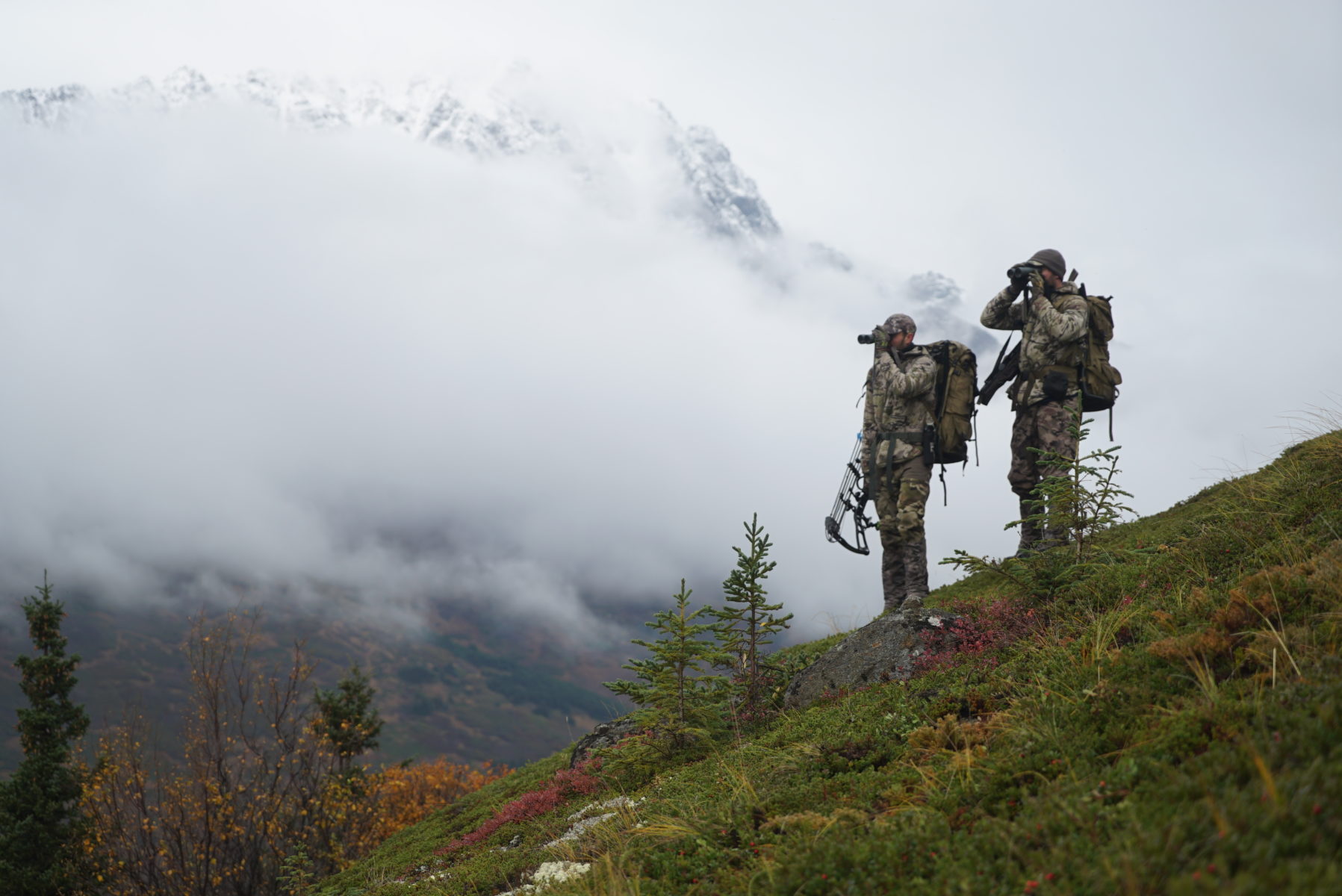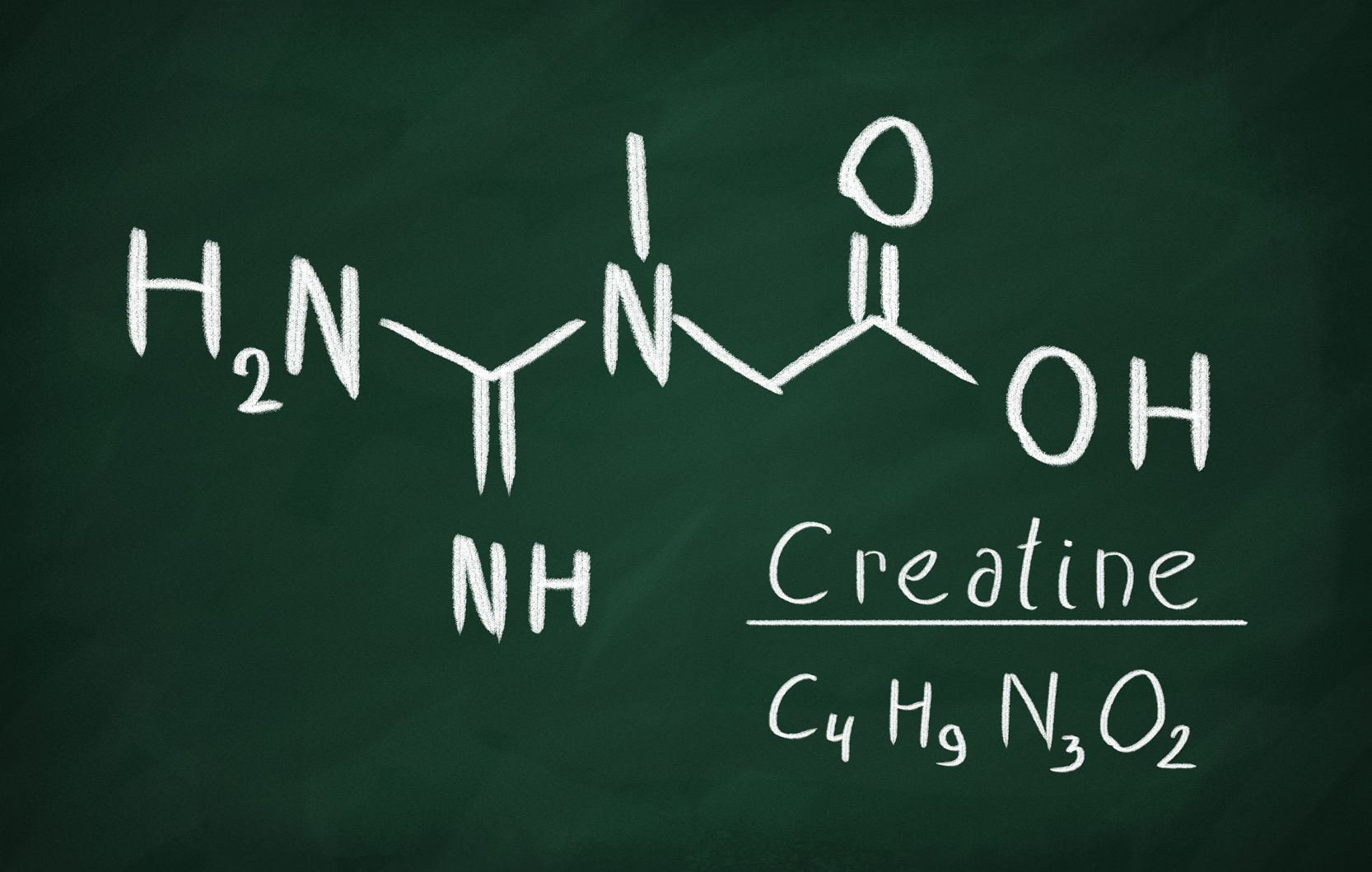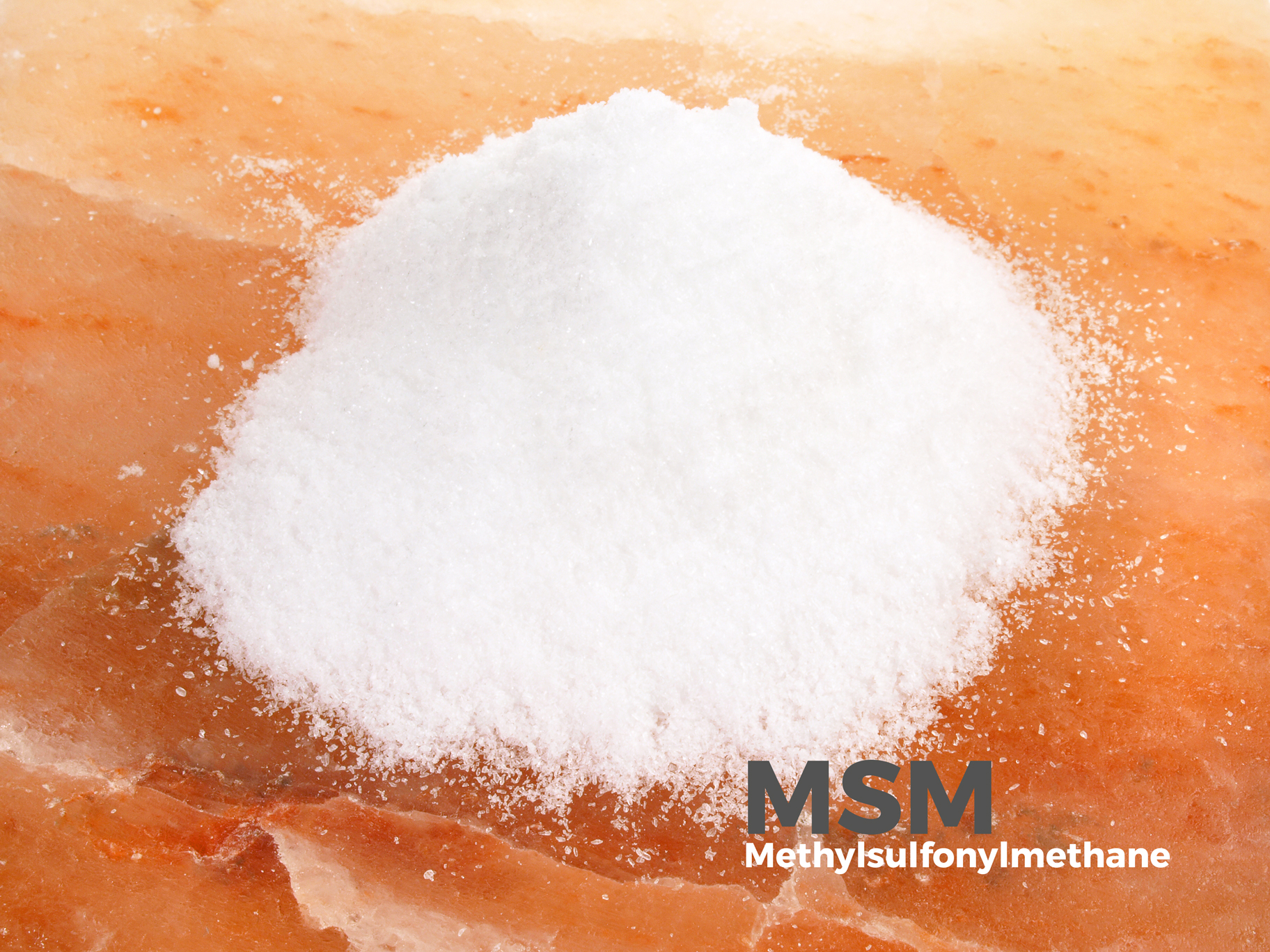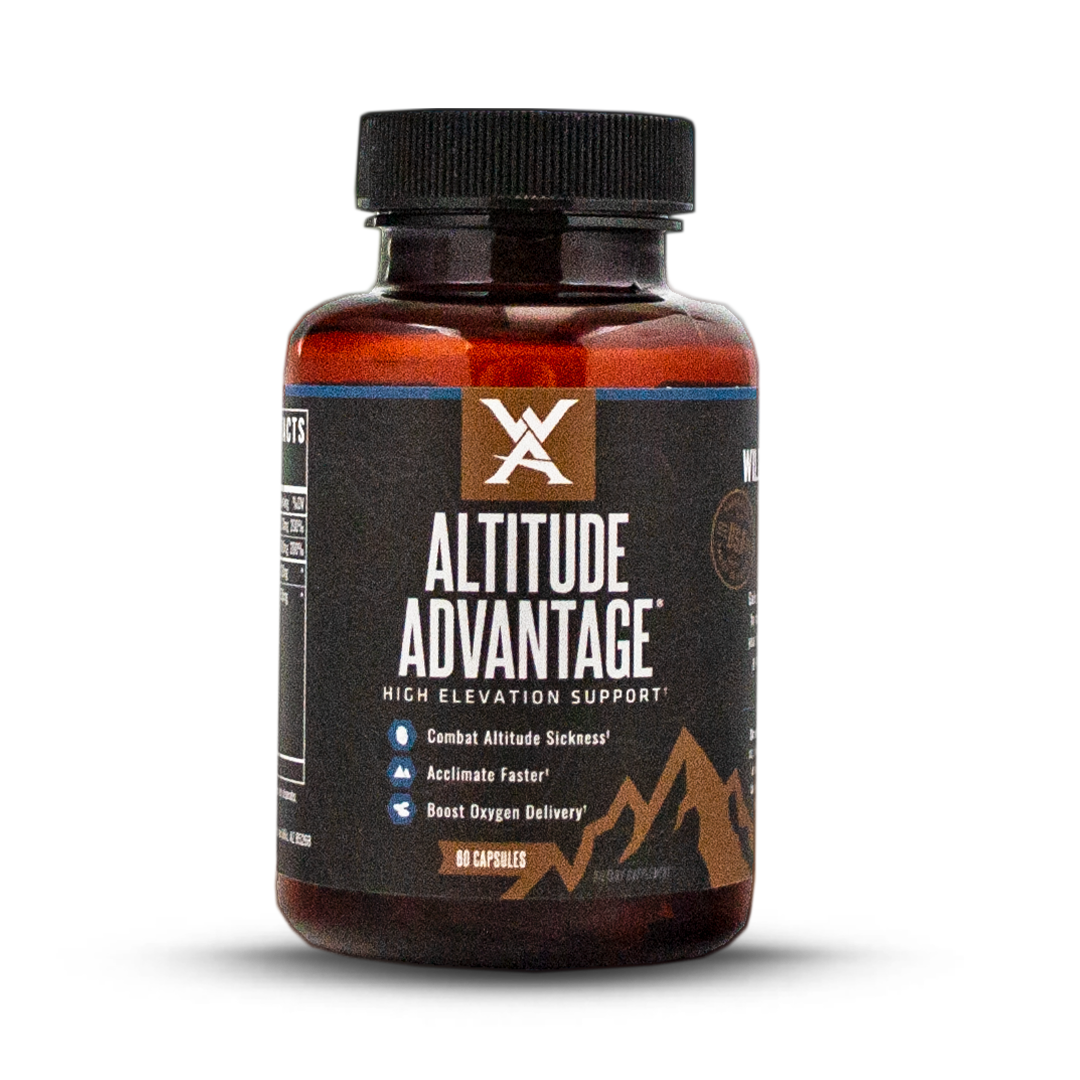AltimateTM Complex
Altitude pulmonary edema, acute mountain sickness, or plain old altitude sickness – whichever term is used for the condition, many serious adventurers and weekend warriors alike are familiar with this debilitating affliction. In its simplest context, Acute Mountain Sickness (hereafter referred to as AMS) occurs when you ascend to high elevation which has less available oxygen than the lower elevations your body is used to. Often, a quick ascent such as a rapid hike up the mountain increases the likelihood that you will experience symptoms of this condition due to the lack of time your body is given to acclimate. Given your body’s high demand for oxygen at times of physical output, these low oxygen environments become particularly threatening in the moments we are hoping to enjoy to our fullest ability.
While there is still a high degree of uncertainty in the medical world when characterizing exactly “who” will get AMS, we are well aware of some precautions and preventative measures that can be taken to prepare your body and mind for this drastic shift in oxygen availability. Before we dive into the measures that can be used to prevent AMS, it is crucial to have an understanding of what this lack of oxygen is actually doing to the body, and how our body goes about acclimating to this oxygen-poor environment.
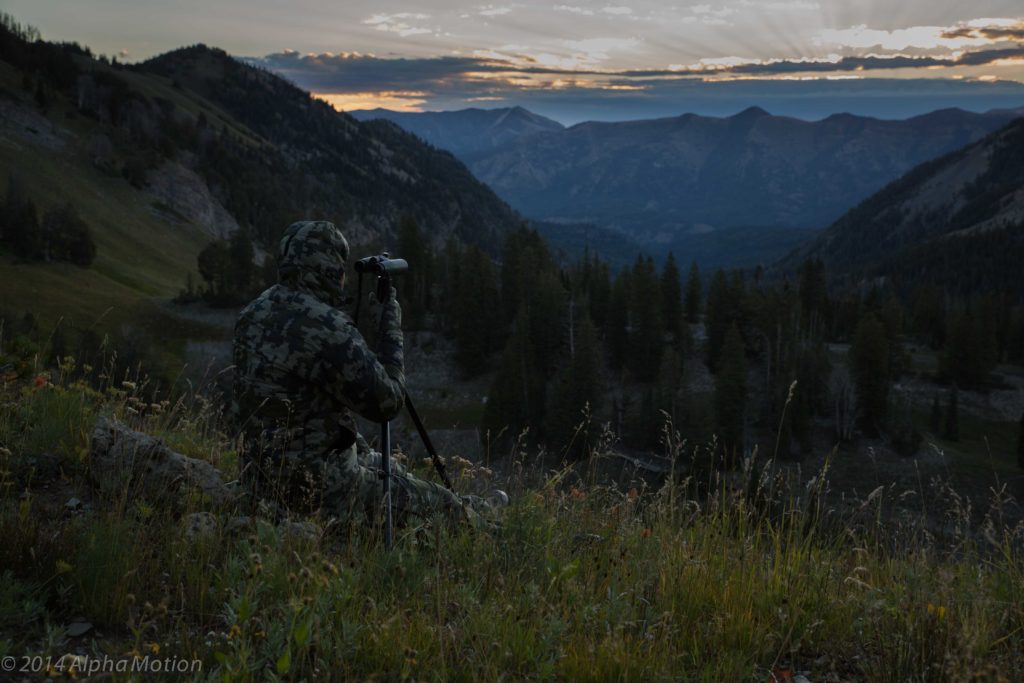
What is Altitude Sickness?
As you ascend to higher altitudes, the amount of available oxygen to sustain mental and physical performance decreases as the air pressure falls. While the “high-elevation air” still contains the same proportion of oxygen as that at lower altitudes, the thinner air has a reduced concentration of available oxygen molecules. This environment requires deeper and faster breaths to take oxygen into the cells and tissues of your body that rely on it. (Hypoxia is the physiological deficiency of oxygen commonly accompanied by rapid muscle fatigue and joint pain.) With mild symptoms of AMS, most people will liken the feeling to a hangover – headache, loss of appetite and thirst, tiredness, nausea, feeling light-headed, dizziness, and/or difficulty sleeping. While sensitivity to AMS widely varies from person to person, occurrences are most typical when reaching altitudes of 8,000 feet or higher.
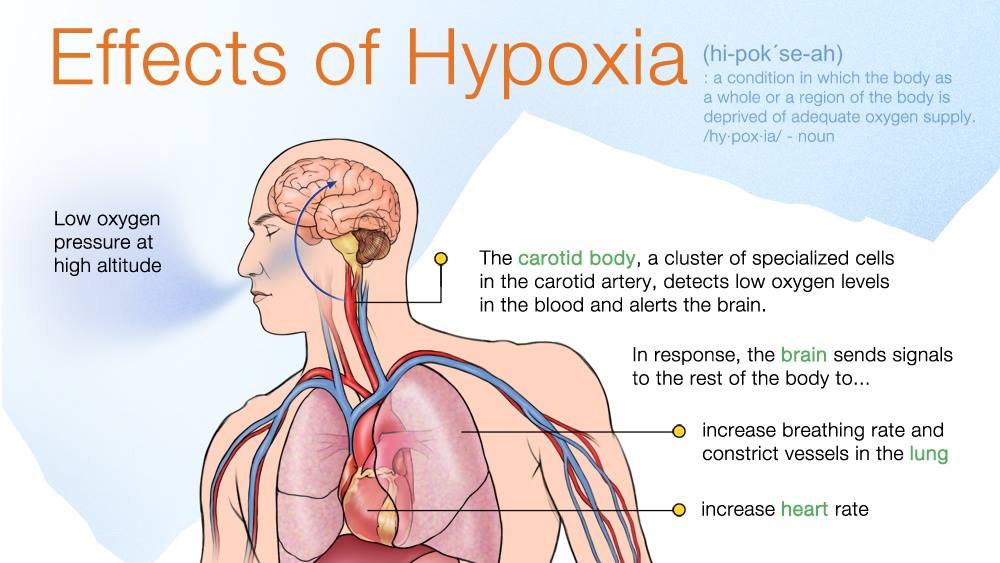
Over time at high elevations, our bodies slowly begin to “acclimatize”, reducing the physiological stress brought on by the low oxygen availability of the environment. One way our body does this is by making more red blood cells to help with oxygen transport throughout the body. The acclimatization process can take several days, sometimes even weeks to fully acclimatize depending on the altitude and impact it is having on your body. As we seldom have time to waste during our brief but important adventures at high altitudes, how quickly we acclimate can make or break the experience. Fortunately, mother nature has provided us with select plants that offer adaptogenic support for these pressing times.
What can help prevent Altitude Sickness?
Reishi extract, Golden Root (Rhodiola rosea) extract, Schisandra extract, and Grape Seed extract are all classified as adaptogenic herbs, nourishing our system as natural and holistic “tonics” of sorts. (Adaptogens are a uniquely powerful group of herbals that improve the health and function of your adrenal system, the system which manages your hormonal response to stress.) As luck would have it, those are also the extracts that make up the Altimate™ Complex in our Altitude Advantage formula. Additionally, Altitude Advantage includes the potent Ginkgo biloba leaf extract to further the product’s ability to counter many of the symptoms of AMS. Lets take a deeper look into what each adaptogen does for our body and how it earned its place at the table of our cutting edge formula.
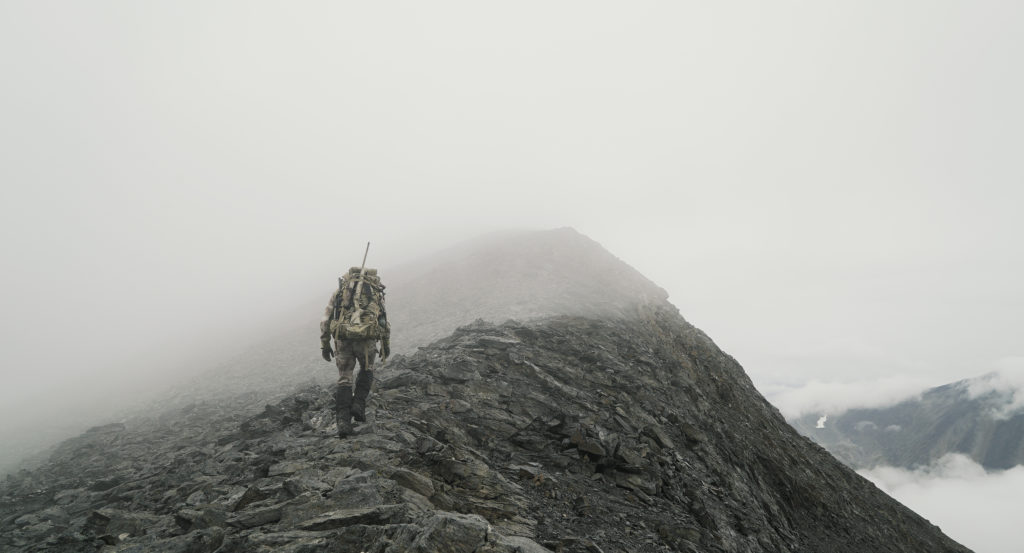
Adaptogenic Herbs
Reishi Extract
Reishi extract comes from the East Asian fungus, reishi mushroom. Commonly known as the “king of mushrooms”, reishi has been used in Traditional Chinese Medicine for thousands of years for its anti-inflammatory and antioxidant abilities – supporting the bod’s ability to resist cancer, heart disease, allergies, infections, and autoimmune diseases. Reishi finds its way into the formula of Altitude Advantage for many of its beneficial qualities, several in particular which play an important role when the body is under limited oxygen stress. Reishi has been shown to restore hormonal balance as well as strengthen the cardiovascular system – reducing inflammation and improving blood pressure are thought to be the underlying mechanisms for these effects (https://www.mskcc.org/cancer-care/integrative-medicine/herbs/reishi-mushroom). When realizing the broad spectrum of the benefits reishi has, it is not a surprise that it has a track record of being used to treat fatigue and increase strength and stamina.
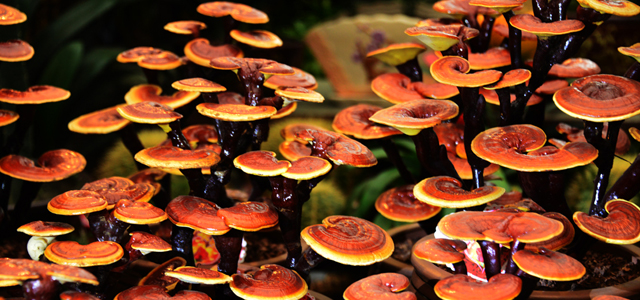
Golden Root Extract
Unless you live under a rock, this is not the first time you have heard of Golden Root extract, otherwise known as Rhodiola Rosea. As one of the most effective adaptogenic herbs science is aware of, Golden Root carries with it a long history of use in athletic performance and an enticing list of proven health benefits. GR is native to the arctic regions of Asia and Eastern Europe, resulting in extensive use by Russia as well as historical use by the Vikings and Sherpa people for benefits of strength and endurance when hiking Mt. Everest.
The four most powerful and proven health benefits of GR are its ability to burn belly fat, increase energy and athletic performance, lower cortisol, and improve brain function. Why do I need to burn belly fat while at altitude you ask? Granted, fat loss is more of an “off-label” benefit of GR within Altitude Advantage, but an effective benefit just the same. Golden Roots impact on energy production and athletic performance is tied to its ability to increase your red blood cell count by boosting EPO (erythropoetin), the substance in our bodies that controls red blood cell production. Red blood cells are the vehicle for oxygen reaching your muscles, making them vitally important to athletic performance and resisting fatigue (De Bock K, Eijnde BO, Ramaekers M, Hespel P. Acute Rhodiola rosea intake can improve endurance exercise performance. Int J Sport Nutr Exerc Metab. 2004 Jun;14(3):298-307.).
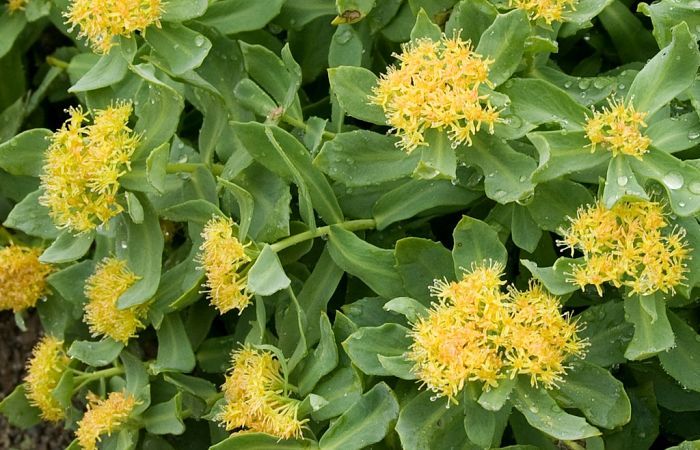
GR is also known to lower cortisol levels – our primary stress hormone. In limited oxygen environments, the adaptive physical changes that occur create a high degree of stress to your body (Lishmanov IuB, Trifonova ZhV, Tsibin AN, Maslova LV, Dement’eva LA. Plasma beta-endorphin and stress hormones in stress and adaptation. Biull Eksp Biol Med. 1987 Apr;103(4):422-4.). By maintaining cortisol balance, your body will manage this stress more effectively. Brain function and overall mood are even known to be improved with the use of Golden Root. By increasing dopamine sensitivity – GR has been shown to improve mood which can be a major benefit when trying to overcome altitude sickness.
Schisandra Extract
Have you sensed a common theme with the physical hurdles high altitude environments throw at us? Inflammation and stress, two brutally difficult symptoms of hypoxia and general oxygen deprivation. Luckily, those are two battles that Schisandra extract will help you win. Gomisin A, a naturally occurring chemical in Schisandra, blocks the production of a fatty acid called arachidonic acid which is used in the body to make leukotrienes, leading to inflammatory responses. Reducing inflammation gives you control over pain and discomfort, as well as reduces the risk for many diseases which inflammation fosters. By nurturing the adrenal glands, Schisandra can increase our ability to withstand both physical and psychological stressors. Schisandra contributes similarly to Golden Root extract in balancing cortisol levels. Stretching beyond support during a high altitude adventure, Schisandra has been linked to liver detoxifying enzyme production, improved digestion and removal of harmful waste from the body, improved skin conditions associated with inflammation, and heightened fertility and libido strength through improved hormonal production.
Grape Seed Extract
Lastly in our Altimate™ Complex is Grape Seed extract, high in anti-oxidants and polyphenols which enhance brain function and improve cardiovascular function. Grape Seed extract (GSE) is beneficial to improving poor circulation, (particularly chronic venous insufficiency), which is important for the delivery of oxygen to hypoxic tissues as well as the removal of cellular waste products that contribute to inflammation. Easy to see why it’s an important component of the Altimate™ Complex. GSE also protects cells from free radical damage that can occur at very high levels during times of rigorous physical activity, alleviates high cholesterol levels, lowers risk of many chronic diseases, reduces swelling cased by injury, and possibly even improved wound healing times and outcomes.
In Conclusion
As you prepare for your big hunt out west, or your yearly backpacking trip that gets you well above your typical elevation, don’t make the mistake of assuming you are impervious to altitude sickness. Many trips have been ruined and opportunities missed due to being unprepared and ill-informed about altitude sickness and how you can combat the struggle. The unfortunate reality of altitude sickness is that science and the medical world still have a lot left to learn about the condition and how it can be made more predictable. Just because you did not experience AMS on your last trip to a high altitude environment, does not preclude you from being afflicted by AMS on the next visit. With the amount of time and money we invest into an unhindered wilderness experience, the cost of a bottle of Altitude Advantage – (which can be the difference between a trip of a lifetime or a trip spent staring at the roof of your tent) – seems well worth the investment if you ask us.
READ MORE ON ALTITUDE SICKNESS
Check out Part 2 of Altitude Sickness, CLICK BELOW!
*These statements have not been evaluated by the Food and Drug Administration.
This product is not intended to diagnose, treat, cure, or prevent any disease.

